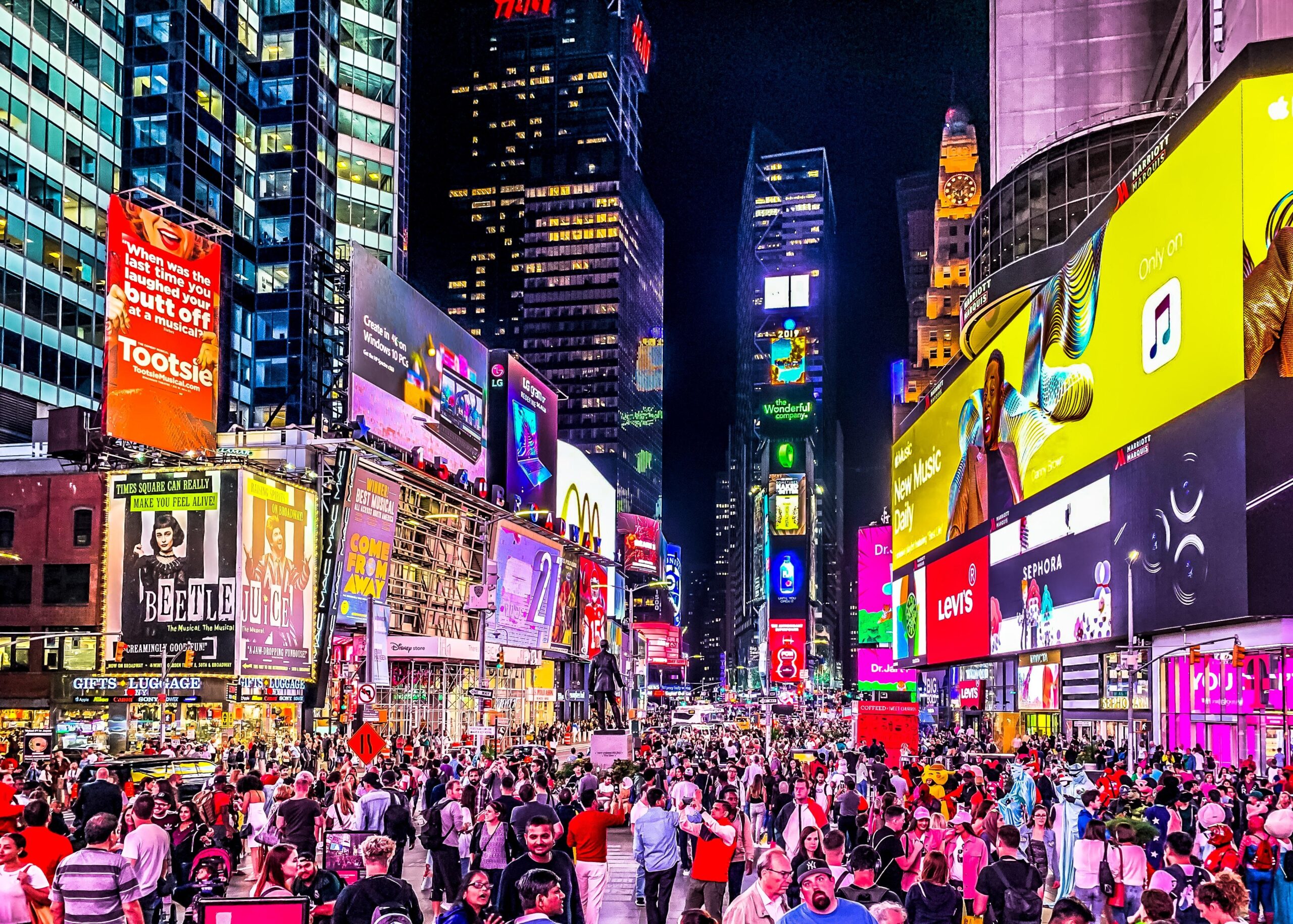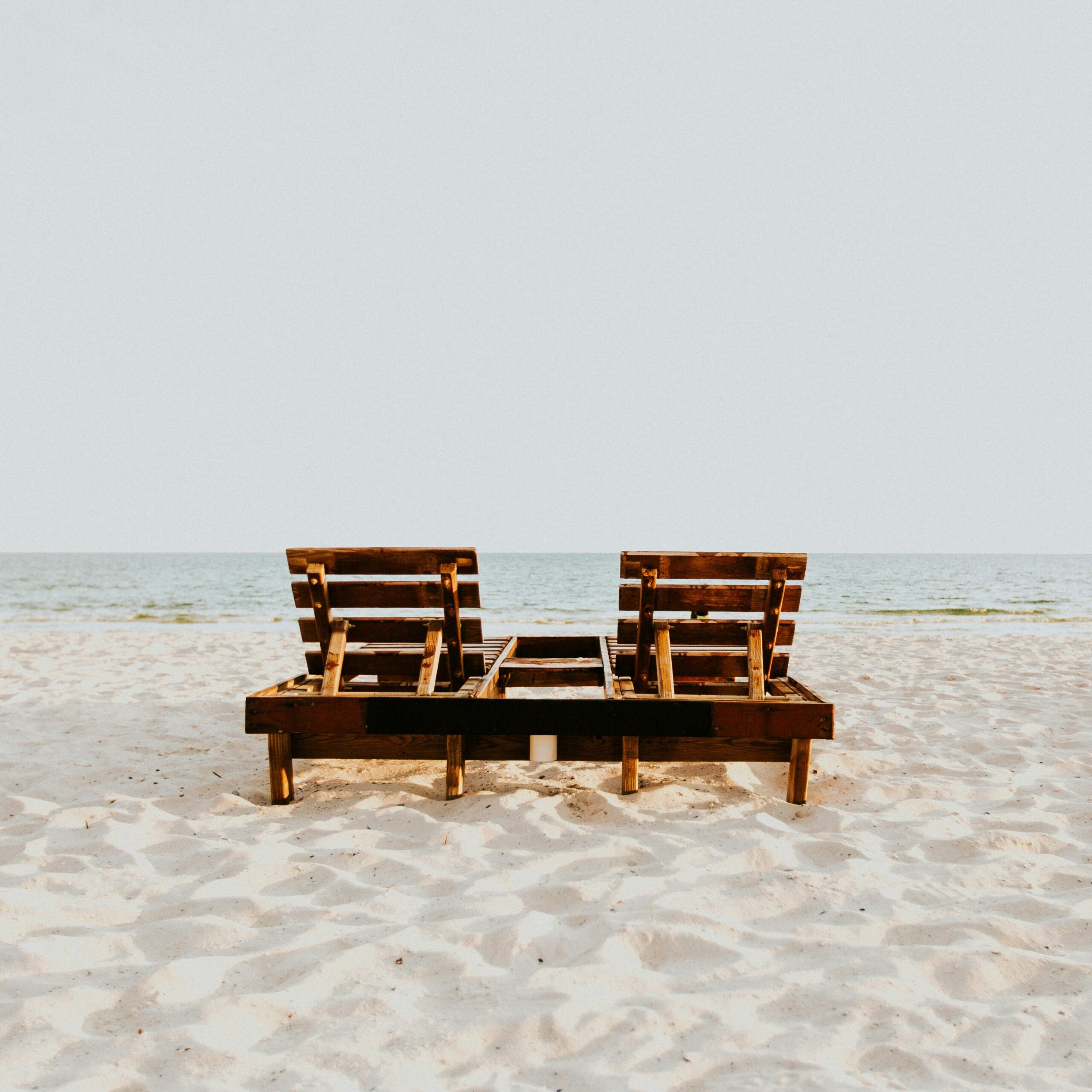
Jet Lag Solutions That Don’t Involve Caffeine or Medication

Traveling across time zones is exciting but can be taxing on the body. Jet lag is a familiar foe to seasoned travelers, disrupting sleep schedules, causing fatigue, and often dampening the thrill of exploring a new destination. While many people reach for caffeine or over-the-counter aids to stay alert or get some rest, these aren’t always the best solutions. Fortunately, there are effective and natural strategies to help you reset your internal clock without relying on stimulants or sleeping pills.
Understand What Causes Jet Lag
Jet lag occurs when your internal body clock, or circadian rhythm, is out of sync with the local time of your destination. This happens when you travel across multiple time zones, particularly in an eastward direction. Symptoms can include insomnia, daytime sleepiness, digestive issues, irritability, and difficulty concentrating. The body generally takes one day per time zone crossed to adjust, but with the right strategies, you can speed up the process and minimize the impact.
Sync Your Schedule Before You Fly
One of the most effective ways to reduce jet lag is to begin adjusting your schedule a few days before your departure. If you’re flying east, try going to bed and waking up an hour earlier each day. If you’re flying west, do the opposite. This gradual shift helps your body ease into the new time zone more smoothly.
Start aligning your mealtimes with your destination as well. Eating in sync with your future local time can begin the adjustment process early and help reset your internal clock.
Embrace Natural Light
Light exposure plays a crucial role in regulating your circadian rhythm. Upon arrival, spend as much time outdoors as possible, especially in the morning. Natural sunlight signals your body to stay awake and adjust to the new schedule.
If it’s dark when you land, try to keep lights low and avoid screens, which emit blue light and can confuse your internal clock. Blue light-blocking glasses can be helpful if you need to be on your devices at night.
Stay Hydrated During and After Your Flight
Airplane cabins are notoriously dry, and dehydration can worsen the symptoms of jet lag. Make a conscious effort to drink water before, during, and after your flight. Avoid alcohol and caffeine, as both can disrupt your sleep and further dehydrate you.
Hydration helps maintain energy levels, supports your immune system, and reduces fatigue. Carry a reusable water bottle and aim to drink at least one cup of water for every hour in the air.
Use Strategic Napping
While it’s tempting to nap the moment you arrive, doing so can prolong your jet lag. Instead, use short, strategic naps to help you adjust. Limit naps to 20-30 minutes and try to nap only if you absolutely can’t stay awake.
If you arrive in the morning, push through the day and aim for a normal bedtime based on your new location. If you’re arriving late at night, a brief nap earlier in the day might help you make it to bedtime without crashing too early.
Keep Moving
Physical activity is a natural energy booster and mood enhancer. Once you arrive, go for a walk, do some gentle stretching, or even try a light workout. Movement helps signal to your body that it’s daytime and time to be alert.
Exercising outdoors combines the benefits of light exposure with physical activity, making it one of the most effective ways to combat jet lag.
Maintain a Sleep-Conducive Environment
Creating the right sleep environment can make a huge difference in how quickly you adapt. Bring a sleep mask, earplugs, or noise-canceling headphones to block out disturbances in your hotel or accommodation. Keep the room cool, dark, and quiet to encourage better rest.
Use calming bedtime rituals like a warm shower, gentle stretching, or listening to soothing music to signal to your body that it’s time to sleep.
Mind Your Diet
What you eat and when you eat can influence your internal clock. Avoid heavy meals late at night and opt for light, easily digestible foods. Protein-rich breakfasts can help you wake up and feel alert, while carbs at dinner may aid relaxation and sleep.
Incorporating magnesium-rich foods like leafy greens, nuts, seeds, and bananas can also support better sleep quality naturally.
Use Aromatherapy and Relaxation Techniques
Essential oils like lavender, chamomile, and sandalwood can aid relaxation and help with sleep. Try using a travel-friendly aromatherapy roll-on or diffuser in your room. Combining scent with deep breathing or mindfulness practices can create a relaxing bedtime ritual.
Relaxation techniques such as progressive muscle relaxation or guided meditation can also help calm your mind and prepare your body for rest.
Discover Natural, Non-Caffeinated Alternatives for Focus
For travelers who want to stay energized without turning to caffeine, consider alternative approaches like hydration, movement, or engaging the senses. One increasingly popular option is using flavored hookah pens that provide a calming ritual without the buzz.
For instance, Blakk Smoke offers nicotine-free, caffeine-free hookah pens in a variety of rich flavors. They create an enjoyable way to take a break, refresh your senses, and relax naturally while traveling. It’s a modern, lifestyle-driven alternative that fits well into a holistic travel wellness routine.
Final Thoughts
Jet lag may be a common travel nuisance, but it doesn’t have to derail your trip. With mindful preparation, natural strategies, and a bit of patience, you can minimize its effects and make the most of your adventure. By syncing your schedule, staying active, prioritizing sleep hygiene, and exploring natural alternatives, you can reset your body clock and truly enjoy your journey, all without the crutch of caffeine or medication.



